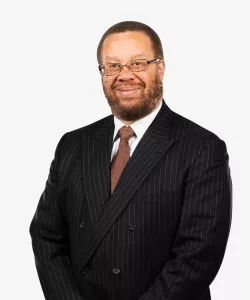Supreme Court Raises Bar for Employers Assessing Employee Religious Accommodation Requests
Title VII requires employers to accommodate their employees’ religious practices unless it would impose an “undue hardship on the conduct of the employer’s business.” Fifty years ago, in Trans World Airlines, Inc. v. Hardison, the US Supreme Court made a fleeting comment that some lower courts took to mean that the “undue hardship” standard permitted employers to deny an accommodation request if the accommodation entailed “more than a de minimis” cost or effort — a very low bar. Last week, in Groff v. DeJoy, the Supreme Court raised it.
To prevail in an undue hardship defense, the Court explained, “an employer must show that the burden of granting an accommodation would result in substantial increased costs in relation to the conduct of its particular business.” That inquiry considers “‘all relevant factors in the case at hand, including the particular accommodations at issue and their practical impact in light of the nature, size and operating cost of [an] employer.’”
The Court addressed how that standard applies in two recurring scenarios.
Specifically, the Court made clear that employers may not deny religious accommodation requests based on co-worker animosity.
An employer who fails to provide an accommodation has a defense only if the hardship is ‘undue,’ and a hardship that is attributable to employee animosity to a particular religion, to religion in general, or to the very notion of accommodating religious practice cannot be considered ‘undue.’ If bias or hostility to a religious practice or a religious accommodation provided a defense to a reasonable accommodation claim, Title VII would be at war with itself.
Nor may employers limit their assessment to the employee’s requested accommodation. Rather, under Title VII, an employer must reasonably accommodate an employee’s religious practice, “not merely … assess the reasonableness of a particular possible accommodation or accommodations.” For example, faced with a request for time off to observe the Sabbath, “it would not be enough for an employer to conclude that forcing other employees to work overtime would constitute an undue hardship. Consideration of other options, such as voluntary shift swapping, would also be necessary.”
The unanimous Supreme Court termed its ruling a “clarification.” In time, further litigation will provide guidance on how the clarified standard plays out in specific factual contexts. For now, in light of the Court’s heightened bar, employers faced with religious accommodation requests should proceed with caution and consider reviewing them with counsel.
Contacts
- Related Practices

